Introduction
The Central Processing Unit is the intrinsic artery of the computer that significantly influences performance. Whether it’s gaming professional work or ordinary tasks, the operation of a computer depends heavily on how powerful the CPU is. AMD is one of the major contributors to the processor market and is widely known for producing higher-performance CPUs yet providing value-for-money products. With aggressive innovation and pricing approaches, they have positioned their products first in many users’ lists.
This article provides a careful highlights comparison between two of AMD’s over popular processors, the Ryzen 7 5700X and Ryzen 5 5600X. Both are innovative Zen 3 architecture CPUs and promise excellent speeds and multitasking ability. This article is written to provide users with information based on their specifications, performance, and price-to-performance value; such data can help users decide on which CPU would best suit their needs based on budgeting conditions.
Architecture and Technology
While both Ryzen 7 5700X and Ryzen 5 5600X are built on AMD’s more recent Zen 3 architecture big evolutionary leap in chip design for the company performance and efficiency improvements owing to Zen 3 come from the architecture’s enhanced 7-nanometer process technology, which embeds a redesigned core layout. This lays the motivation for maximizing data throughput with a commensurate lowering of latency, both considerations that are extremely important when it comes to maximizing the overall speed and responsiveness of a CPU.
Notably, an attractive feature of Zen 3 architecture is the shared L3 cache integrated into the core cluster architecture; effectively, this allows each core group to have access to a larger pool of L3 cache compared to how previous architectures would segment the cache among smaller clusters of cores. Hence, each core of Ryzen 7 5700X and Ryzen 5 5600X will get access to about 32MB of L3 cache, reducing the frequency of calls to slower main memory, thus improving overall efficiency and performance.
These improvements to the architecture are well-suited to enhancing both single-threaded and multi-threaded applications. With the unified cache architecture, this affinity minimizes latencies and ensures efficient data availability for each core, which helps with real-time processing, as the workload in difficult computing tasks such as gaming, video editing, and software compiling rises and requires higher performance. Users will, therefore, be able to see better application response, while at the same time, general system performance is quite improved, notwithstanding that Ryzen 7 5700X and Ryzen 5 5600X are a good fit for conventional and demanding computing needs.
Ryzen 7 5700X vs Ryzen 5 5600X Specification
Below is a detailed comparison of the specifications for the AMD Ryzen 7 5700X and Ryzen 5 5600X:
| Specification | Ryzen 7 5700X | Ryzen 5 5600X |
| Core Count | 8 | 6 |
| Thread Count | 16 | 12 |
| Base Clock | 3.4 GHz | 3.5 GHz |
| Boost Clock | Up to 4.6 GHz | Up to 4.6 GHz |
| Total L3 Cache | 32 MB | 32 MB |
| TDP | 65 Watts | 65 Watts |
| Supported Memory | DDR4-3200 | DDR4-3200 |
The key specifications, namely core and thread counts, mainly determine the performance of CPUs, especially in a multi-threaded environment. With 8 cores and 16 threads, the Ryzen 7 5700X allows much easier multitasking when compared to the Ryzen 5 5600X, which is a 6-core and 12-thread processor. The addition of another core and thread count in Ryzen 7 5700X provides it with a better ability to process a wider range of simultaneous applications, thereby making it ideal for video applications, three-dimensional making, and, to an extent, more efficiently handling multitasking.
Besides, in boost clock speeds, both share an identical peak, meaning both will give similar peak single-core performance permitting only certain types of gaming and application startup times requiring silo-channel performance. However, the higher total core and thread counts of the Ryzen 7 5700X allow it more sustenance amid multiple processes to run concurrently.
The TDP (Thermal Design Power) value of 65 Watts is the same for both processors, meaning that power consumption and heat generation under normal operating conditions are somewhat similar. This will facilitate thermal management, allowing these processors to be a good match for a fairly extensive list of systems. Both processors can share memory of the same type (DDR4-3200), thereby allowing their cohabitation on the same motherboard platforms without needing further hardware considerations.
In summary, both CPUs are based on the same architecture and have very similar speeds and cache sizes when running at full speeds. However, that additional thread and core count in Ryzen 7 5700X makes the CPU preferable for power users, who require multitasking capabilities and very likely will benefit from that extra computational power.
Ryzen 7 5700X vs Ryzen 5 5600X Performance Comparison
Thus, to present a detailed description of the performances of AMD Ryzen 7 5700X and 5600X in operating various tasks, the presentation and analysis will include single-threaded and multi-thread functionalities, including productivity tasks and gaming. The data from these benchmark scores show the salient features of each CPU.
Benchmark Scores
| Benchmark Type | Ryzen 7 5700X Score | Ryzen 5 5600X Score |
| Cinebench R23 Single | 1503 | 1481 |
| Cinebench R23 Multi | 12193 | 9137 |
| PassMark Single Thread | 3504 | 3419 |
| PassMark Multi Thread | 23844 | 17984 |
Single-Thread Performance
Within single-threaded benchmarks, such as Cinebench R23 and PassMark Single Thread, these two CPUs are pretty similar, with the Ryzen 7 5700X showing triumphed over the latter. This implies that when a specific computing task does not scale appropriately in a multi-core scenario, such as some gaming scenarios or applications that have not been entirely optimized for multi-core, the extra little bit that the Ryzen 7 5700X has over the Ryzen 5 5600X equates to the isolated case, demonstrating slightly better performance.
Multi-Thread Performance
Within performance benchmarks such as Cinebench R23 Multi and PassMark Multi Thread, it seems like the Ryzen 7 5700X has more of an edge to win. Thanks to the extra cores and threads, it greatly outperforms the Ryzen 5 5600X and is thus ideally suited for scenarios that can benefit from more cores, such as video rendering, software compiling, or running complicated simulations.
Productivity Tasks
The extra cores and threads in the Ryzen 7 5700X mean less time spent waiting for work to get done in software like Adobe Premiere, Photoshop, and Microsoft Office. For instance, the faster video render of the Ryzen 7 5700X in Adobe Premiere enables it to handle Ultra HD assets more easily, enhancing the user experience for professionals.
Gaming Performance
Here is a comparison of the average frame rates that each CPU can achieve in several popular games, tested at various resolutions with high graphical settings using an NVIDIA GeForce RTX 3060:
| Game | Resolution | Ryzen 7 5700X FPS | Ryzen 5 5600X FPS |
| Cyberpunk 2077 | 1080p | 85 | 82 |
| The Witcher 3 | 1440p | 120 | 115 |
| Fortnite | 1080p | 144 | 140 |
Game performance-wise, the Ryzen 7 5700X is slightly better than the Ryzen 5 5600X across a variety of modern titles, including Cyberpunk 2077, The Witcher 3, and Fortnite. The differences in FPS are not enough to tilt the CPU’s favour or disadvantage it massively, denoting adequate performance for both CPUs in modern gaming, but with the Ryzen 7 5700X taking a real-world lead in official high settings and resolutions compared to its 5600X brother.
Right now, both CPUs are formidable performers, but for a wider number of use cases, the Ryzen 7 5700X wins the battle. If you only play games or care about single-threaded performance in general, then the Ryzen 5 5600X is still one of the top values on the market.
Power Consumption and Thermal Management
Power Consumption
The Ryzen 7 5700X and Ryzen 5 5600X share the same TDP (Thermal Design Power) of 65 watts. This suggests that they are expected to operate within the same power envelope when running at stock clocks, and typically they will. Under various workloads, the higher core count of the Ryzen 7 5700X might potentially draw a little more power at full tilt, especially with heavy multitasking or multithreaded loads like video rendering or pervasive gaming. Otherwise, these chips are still cut from the same 7nm die that the rest of the Zen 3 lineup is based on, and as such they should generally exhibit a similar level of energy efficiency and consumption to their other siblings. The Ryzen 5 5600X does have fewer cores, and it is likely to consume a little less power, all things considered, during lighter duties, like web browsing for example, and in that sense, it may be a little more power efficient under everyday conditions.
Thermal Performance
But they do manage their heat very well, both the Ryzen 7 5700X and Ryzen 5 5600X, as a result of their 7nm process tech. Both CPUs can get very hot indeed under extreme loads, and it’s possible that the Ryzen 7 5700X’s higher core and thread count could potentially shift more heat directly from its processing cores, stretching the thermal design power rating further than the Ryzen 5 5600X might be able to, at least in theory! So long as you’ve got a cooler that’s up to the task of dealing with these chips’ heat output, then you’re still going to be within what AMD considers safe working temperatures for these products, and we’ve never seen either of these products doing anything untoward in our tests with the rigs they’ve been installed into.
Cooling Solutions
It’s the coolers that make or break those potential thermal issues, but a reasonable air tower cooler, such as a Cooler Master Hyper 212, could easily see you through for the vast majority of users. However, a mid-range AIO liquid cooler, such as a Corsair H60, might provide some added headroom at the load end of the spectrum, particularly if you plan to overclock your CPU and leave it at those high power levels for long periods.
Ryzen 7 5700X vs Ryzen 5 5600X: Buying Guide
When to Choose Ryzen 7 5700X:
The Ryzen 7 5700X should be the one for you if you are looking for powerful multi-threaded performance. It has eight cores and 16 threads that can allow it to handle video editing, 3D rendering, and doling out serious multitasking with spirited aplomb. It renders power to carry intensive workloads seemingly easy, thus allowing professionals from the content creation space or power users engaged in complex productivity applications to run heavy loads. Its enhanced capabilities also make it a good investment for anyone hoping to future-proof their system as programs and applications continue to leverage larger thread counts.
When to Choose Ryzen 5 5600X:
On the one hand, the Ryzen 5 5600X, with its 6 cores and 12 threads, is excellent for frugal gamers and general users seeking decent performance without an insane amount of computing power. It is great value for money and gives sufficient speed and responsiveness for mainstream gaming, general computing, and some light productivity tasks. Such a processor reinforces the balance between the cost and performance ratio, thus serving as an attractive option for people who are looking for a capable system that will not require remortgaging their home. It also seems to be a good choice for those upgrading from older systems because they can appreciate a significant boost without crossing into more expensive CPU territory.
Recommend Product- GEEKOM A5
- AMD Ryzen™ 7 5825U Processor
- Radeon™ Vega 8 Graphics
- Dual-channel DDR4-3200MT/s, up to 64 GB
- PCIe Gen 3 x 4 NVMe/SATA SSD, up to 2TB
- Wi-Fi 6 and Bluetooth® 5.2
- Support Quad Display
Conclusion
The Ryzen 7 5700X with 8 cores and 16 threads is just at home running a multi-threaded environment, perfectly oriented to tackle any task that requires serious computing prowess, such as video editing, 3D rendering, and multitasking. It is better in a productivity and content creation context, which makes it an attractive choice for professionals and power users looking for a future-proof build.
On the other hand, the Ryzen 5 5600X with 6 cores and 12 threads has some decent performance for the price and perfectly caters to the budget range of gamers and general users. It has enough power for mainstream gaming, everyday tasks, and light productivity work and represents a great balanced choice for anyone coming up from older systems or building a low-cost PC.
In general, we believe it comes down to a balance of compatibility with some confederation of current and potential applications, combined with the price of the AMD Ryzen 7 5700X and Ryzen 5 5600X. This can help the user determine whether the CPU will help to meet their current needs and work effectively in the future in terms of processing power technology development.




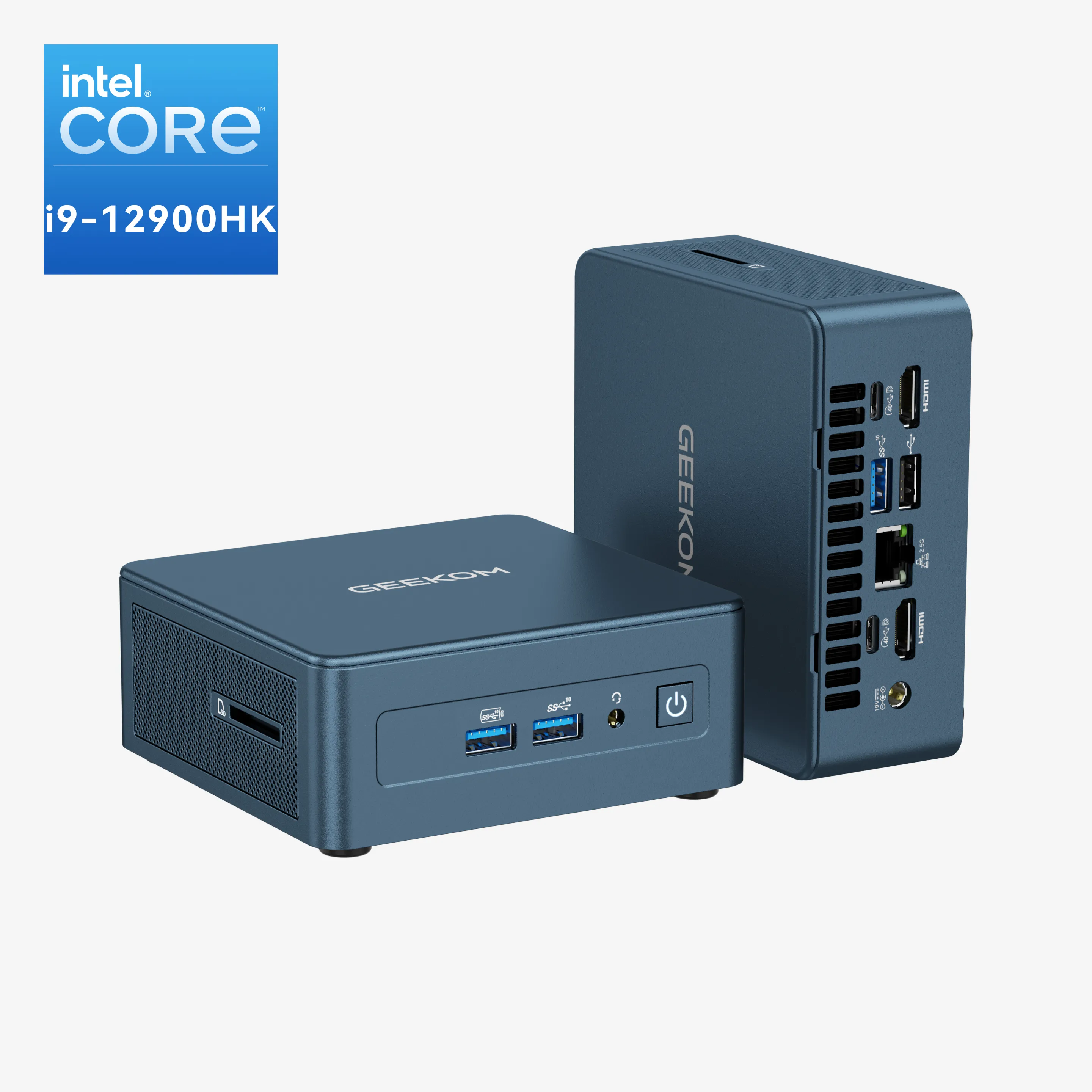

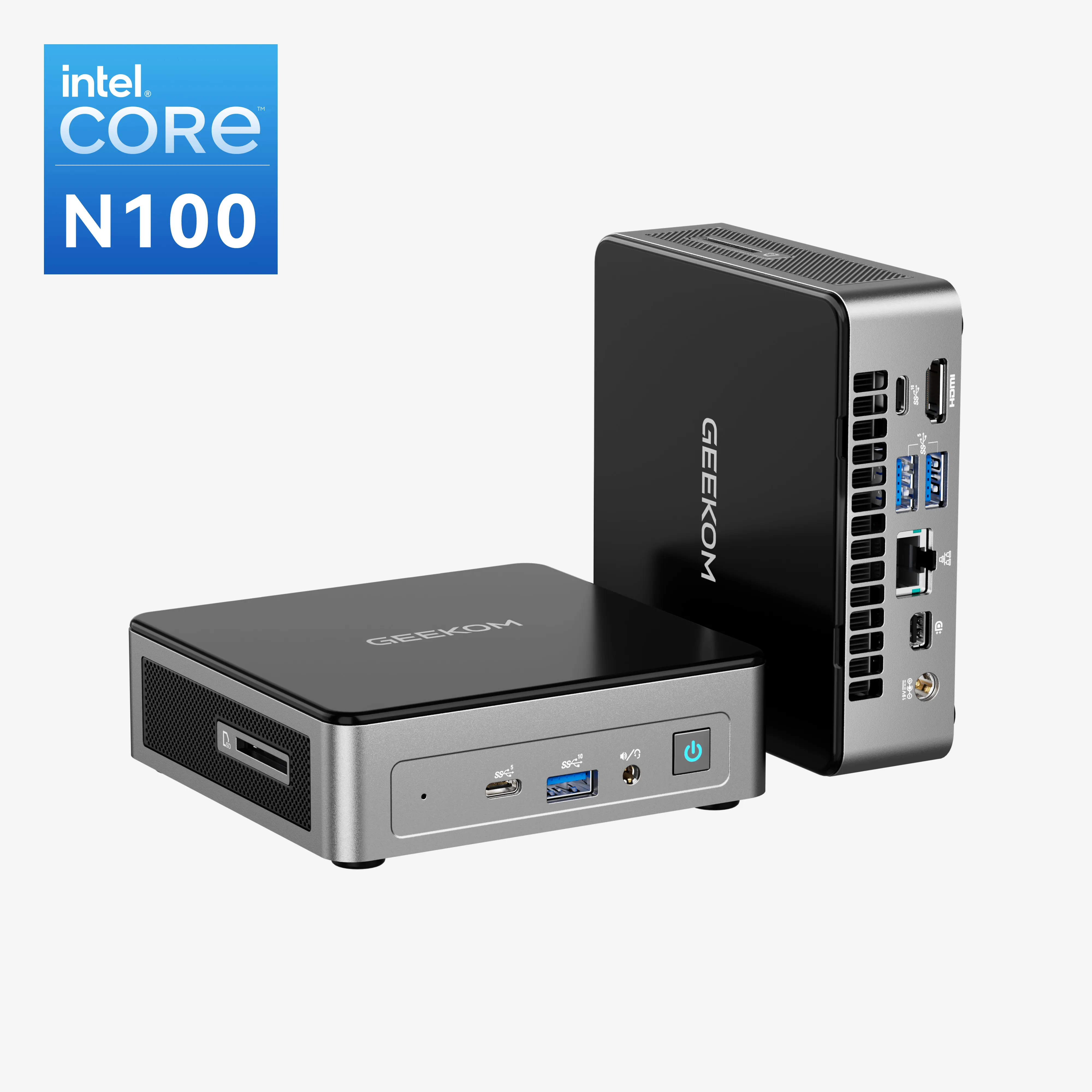
 Flash Sale
Flash Sale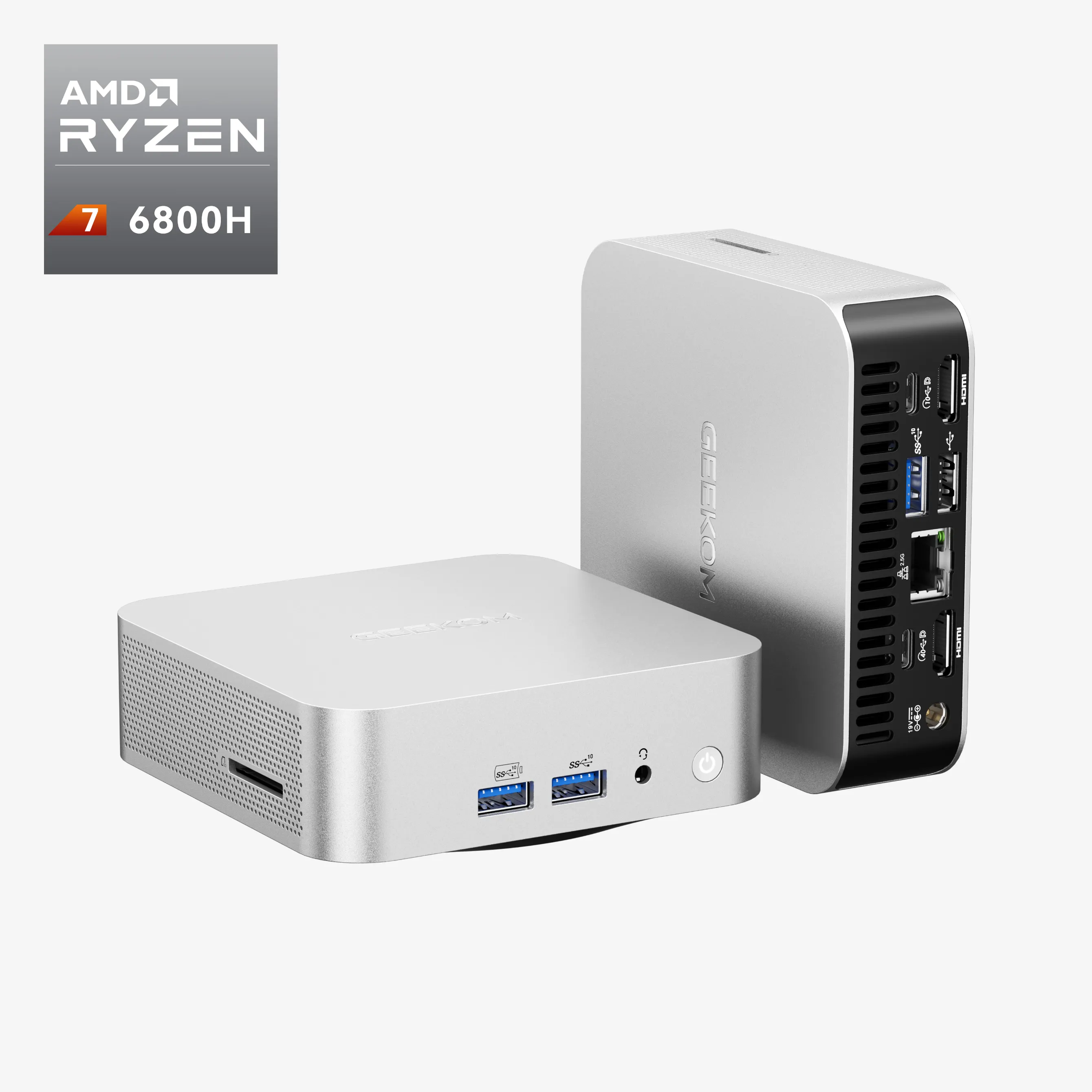
 NEW ARRIVAL
NEW ARRIVAL
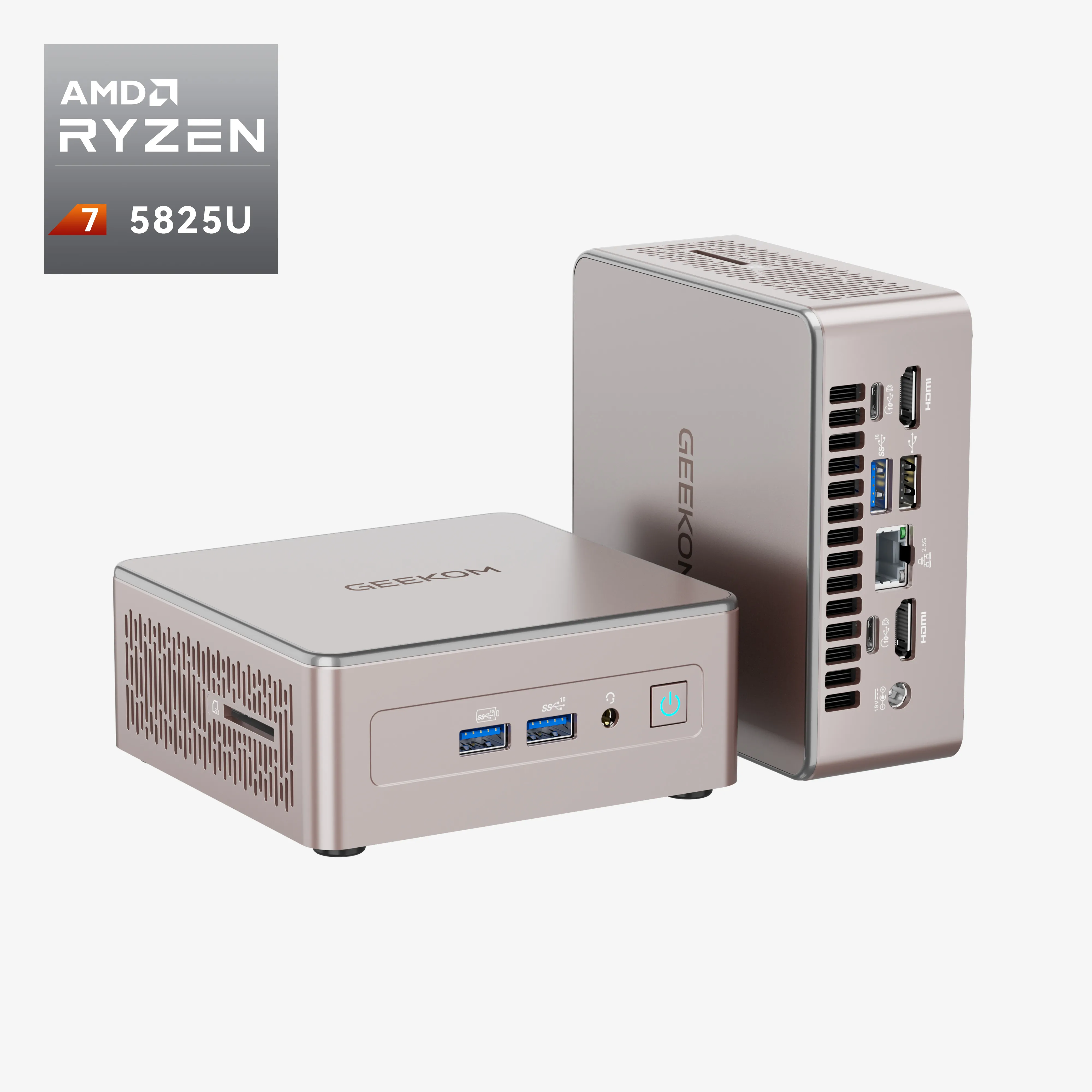

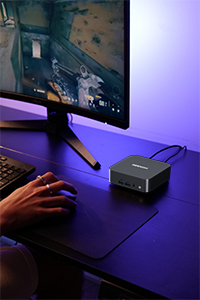

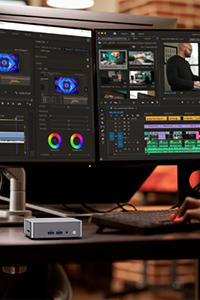

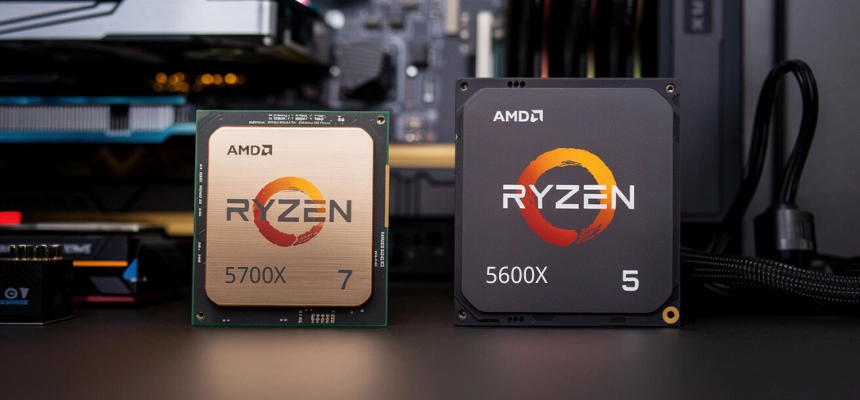
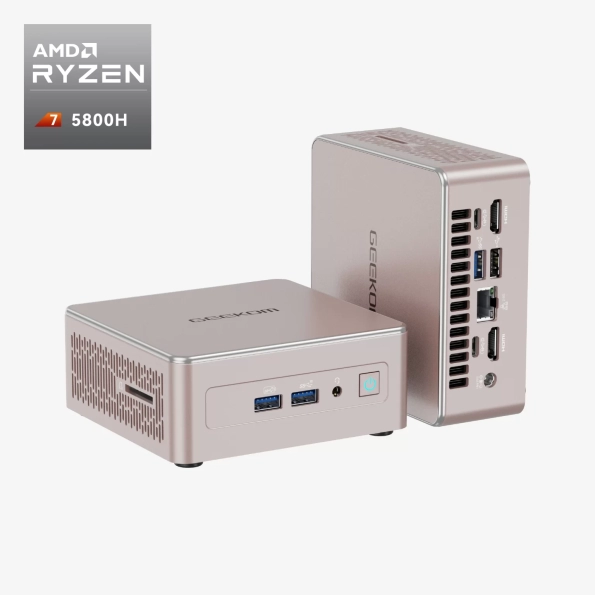



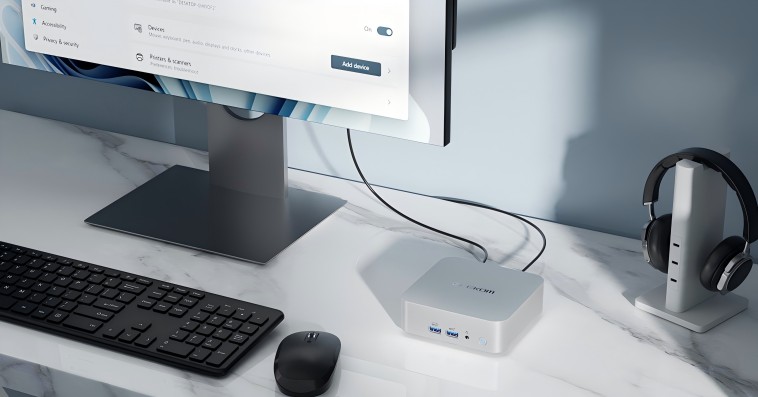


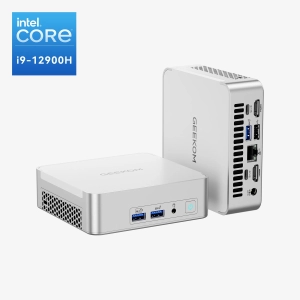
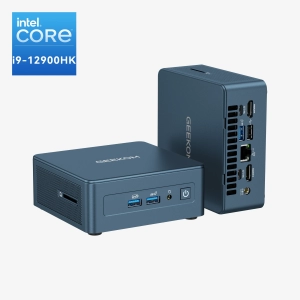
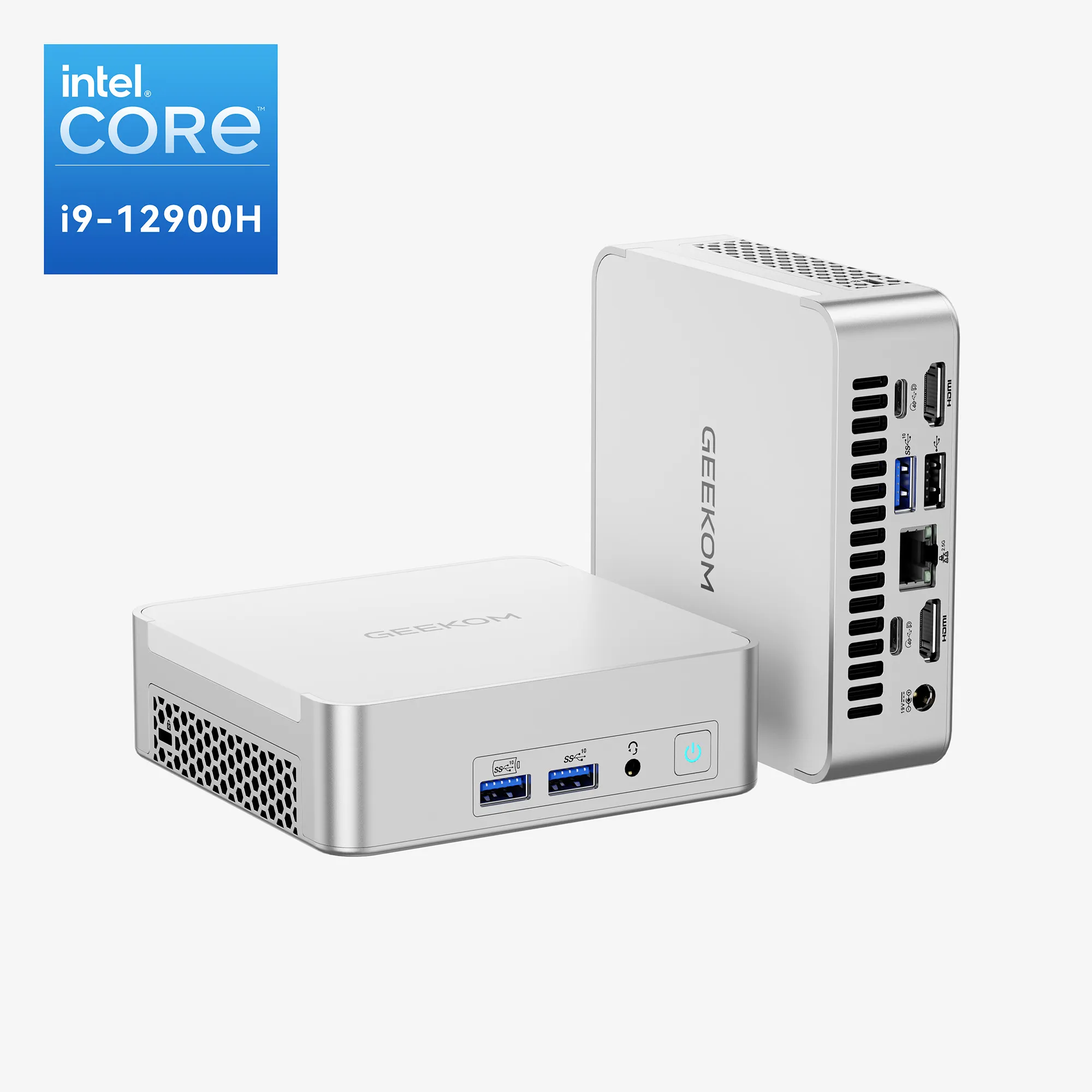
Comments (1)
I’ve bought a A5 and the machine is fluent. Amd ryzen is a true good product